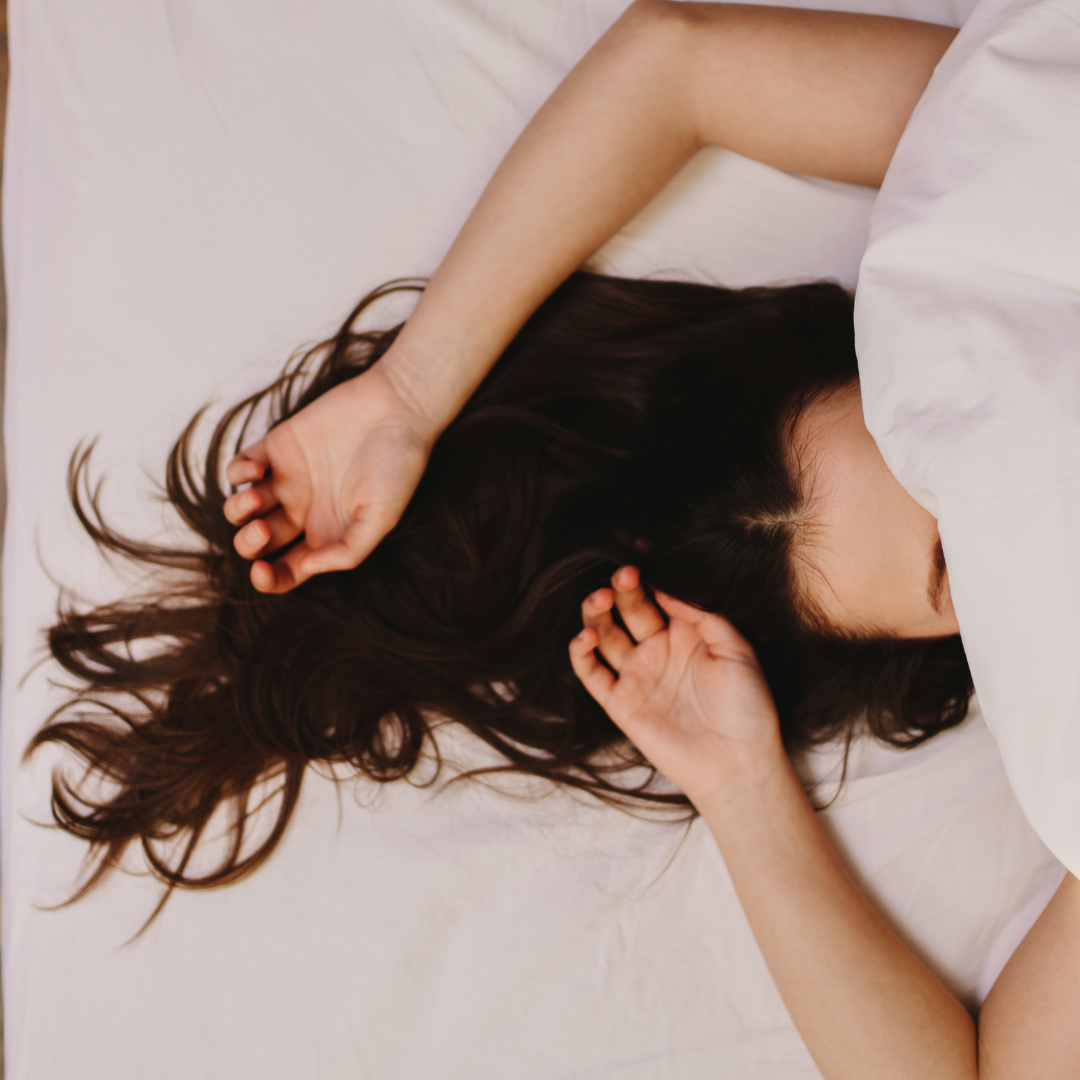
Suggestions for Better Sleep
January 10, 2022
0
To help prepare for Daylight Saving time, let’s look back at a great resource.
Suggestions for Better Sleep
Courtesy of the Institute of Functional Medicine
MINIMIZE OR AVOID STIMULANTS
- Avoid alcohol within 3 hours of bedtime.
- Avoid caffeine-containing beverages or foods after 2 pm; if sensitive to caffeine, avoid it after 12 noon.
- Avoid Sudafed or other decongestant cold medicines at night.
- Some medications may have stimulating effects.
- Complete any aerobic exercise before 6 pm.
NIGHTTIME TENSION AND ANXIETY
- Avoid anxiety-provoking activities close to bedtime.
- Avoid watching the news before going to bed.
- Avoid reading stimulating, exciting materials in bed.
- Avoid paying bills before bed.
- Avoid checking your financial reports or the stock market before bedtime.
- Avoid arguments before bedtime.
- Try to achieve some action plan or resolution of a discussion or argument before trying to go to sleep.
- Avoid repeated negative judgments about the fact that you are unable to sleep.
- Use positive self-talk phrases regarding your ability to relax and fall asleep: “I can fall asleep.” “I can relax.”
- Try writing in your journal any disturbing thoughts that are running through your mind.
SLEEP PLANNING AND PREPARATION
- Plan your sleep by putting it into your schedule; plan for 8 ½ to 9 hours in bed.
- As much as possible, go to sleep and wake up at the same time each day. This will help train your biological clock.
- Begin prepping for bedtime 30 minutes before getting in bed.
- Avoid getting in bed after 11 pm as late-hour sleep is not as helpful as earlier sleep.
- Avoid late afternoon or evening naps.
- Avoid naps longer than 45 minutes unless you are sick or quite sleep deprived.
- Avoid large meals or spicy food before bed.
- Finish all eating 3 hours prior to going to sleep.
- Avoid driving more than 4-8 ounces of fluid before going to bed.
- Take a hot salt/soda aromatherapy bath.
STRATEGIES TO USE WITH TROUBLE FALLING ASLEEP OR STAYING AWAKE
- Consider reading a good neutral book under low light to help with falling asleep.
- If using a tablet or phone for reading, make sure they are in the nighttime setting brightness is as low as possible.
- If using a light, don’t use a table lamp. Instead, use a HUD light or other small light that only illuminates the reading material.
LIGHT, NOISE, TEMPERATURE, AND ENVIRONMENTAL ISSUES
- Turn down the light in the bathroom and in rooms you are in 15 minutes before going to bed
- Decrease the light in your bedroom by using a dimmer or reading light with a dimmer.
- Consider using amber glasses for at least 30 minutes before bedtime to reduce light exposure.
- Use dark window shades or consider a set of eye shades or a black covering for your eyes when trying to sleep or if you awaken too early because of light.
BEDDING AND PILLOWS
- Consider replacing your pillows with hypoallergenic pillows.
- Consider using a “side sleeper” pillow for under your neck when sleeping on your side.
- Consider using a body pillow to hug and put between your knees to align your back and shoulders at night.
- Roll backward at a slight angle onto a body pillow if you have hip bursitis or should pain.
SUPPLEMENTS AND LIGHT THERAPY
- Consider taking supplements to aid your sleep.
- Melatonin – 1-5 mg to fall asleep.
- 5-HTP – 100-200 mg 1 hour before bedtime.
- Taurine – 500-200 mg 1 hour before bedtime.
- Magnesium – 200-400 mg is a typical dose.



